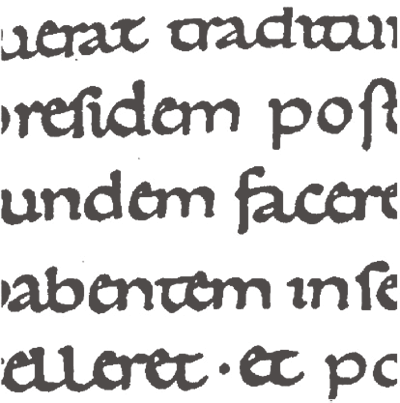Magdalena Świtajska

Magdalena Świtajska, adwokat, handles individual and collective labour law, in particular difficult redundancies of senior managers and protected workers, restructurings, transfers, cross-border aspects of employment law, and employment-related civil and criminal matters (such as civil and criminal liability of employees and employers, liability in damages, protection of individual rights, confidentiality and non-competition). She has been advising clients for many years on legalisation of work and stay of third party nationals in Poland, delegating third party nationals to work in Poland and delegating Polish citizens to work abroad.
The Polish so-called “anti-crisis shield” (The Act of
31 March 2020 amending the Act on special solutions related to the prevention
and eradication of COVID-19, other infectious diseases and crisis situations caused
by them, as well as some other acts) has introduced a series of legal solutions
aimed at solving the problems caused by the SARS-CoV-2 virus epidemic for the
legality of foreign citizens staying and working in Poland. The new regulations
are in force as of 31 March 2020.
read more
The spread of SARS-CoV-2 has unprecedented economic
consequences, both global and national. The negative effects of current events
are felt by most employers. Many employers are already preparing for change,
including considering layoffs and holding back on recruitment.
read more
The Polish so-called "anti-crisis shield" proposal assumes changes in a number of legislative acts, including the provisions governing the stay of foreigners on the territory of Poland. Among other things, these changes are necessary because of the limited activities of the authorities responsible for receiving and processing applications for residence permits as well as restrictions in cross-border traffic.
Among other changes, the proposal
assumes an amendment to the Act on Foreigners as regards the deadline for
submitting applications for residence permits.
read more
A draft amendment to the law on the recognition of professional qualifications acquired in the EU Member States has just been submitted to public consultation. The draft implements the EU directive on this subject (2018/958) into the Polish legal system. This directive in turn complements Directive 2005/36/EC on the recognition of professional qualifications. The deadline for implementation falls on 30th July 2020. The changes are to unify the rules and criteria for controlling access to regulated professions for people from other EU countries. For it is not clear in the Member States...
read more
In the case of a foreigner who has
lost or not yet obtained rights to work and stay in Poland, the issues of
conclusion and termination of the employment contract and setting the starting
date for work (discussed in earlier blog posts) largely boil down in practice
to the issue of the employer’s obligation to pay salary to such an employee.
This issue is basically resolved in its entirety by the applicable regulations.
read more
Employers often have trouble selecting the type of contract for a foreigner. This is because the documents allowing foreigners to work and stay in Poland typically are issued for fixed periods. At the same time, the regulations do not provide any special conditions for employment contracts with foreigners. In particular, Polish law does not contain any regulations excluding or limiting the use of any of the various types of contracts in the case of foreigners.
read more





